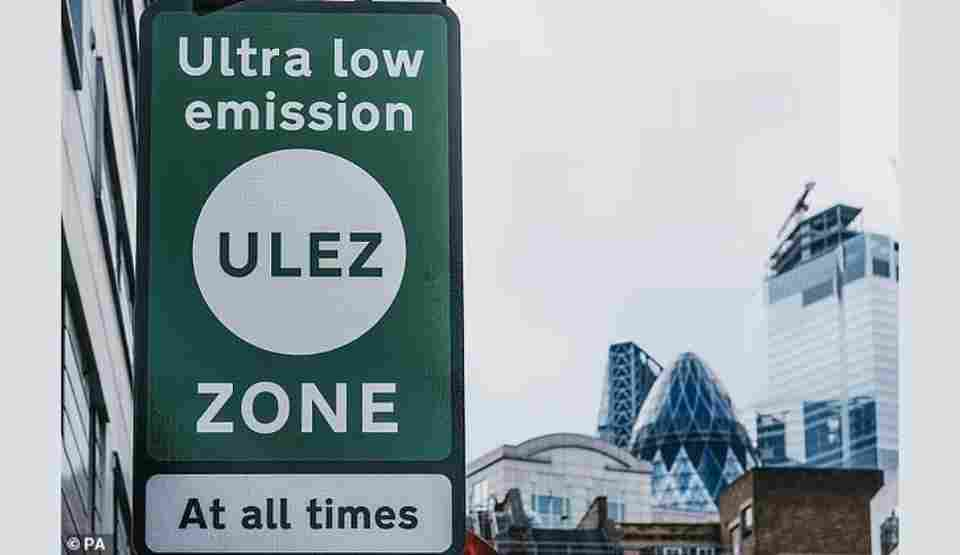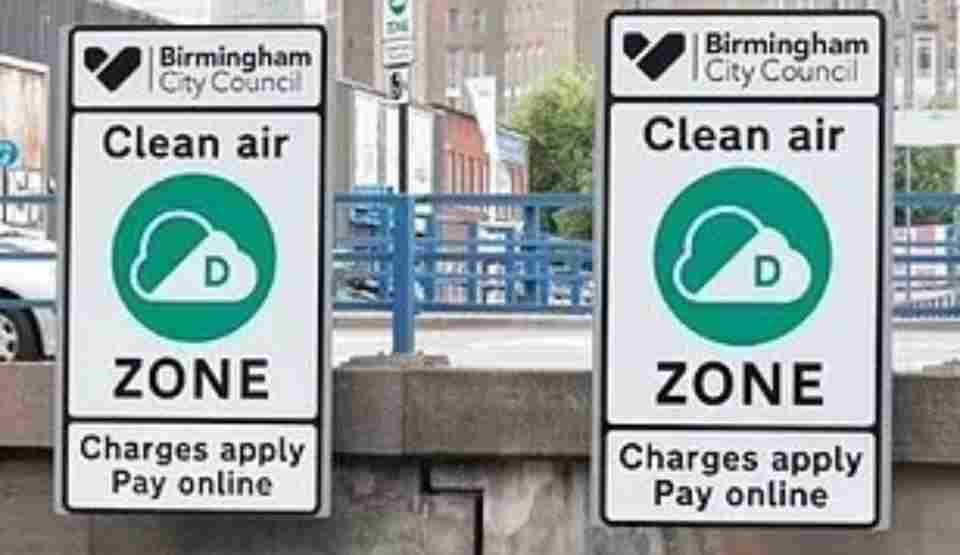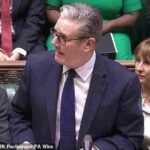A groundbreaking study from the University of Birmingham has revealed that London Mayor Sadiq Khan’s controversial expansion of the Ultra Low Emissions Zone in August 2023 had no measurable impact on reducing air pollution, despite generating substantial revenue from drivers.
The ULEZ expansion, which cost an estimated £155 million to implement, extended the charging zone to cover all 32 London boroughs—spanning over 1,500 square kilometers and affecting around nine million people. The scheme charges non-compliant diesel and petrol vehicles £12.50 per day to operate within the zone. In its first week alone, the expansion generated £5.3 million, with millions more collected since.
Researchers examined air quality data from 124 monitoring sites across London, focusing on two particularly harmful pollutants: nitrogen dioxide (NO2) and PM2.5 fine particles. While the original ULEZ introduction in 2019 showed promising results—with a 19.6% reduction in NO2 at central London roadside sites within three months—the 2023 expansion produced no significant impact on NO2 or nitrogen oxide levels.
Perhaps most concerning, PM2.5 pollution across London has not significantly decreased throughout the entire ULEZ period. Both pollutants remain well above World Health Organization health guidelines, raising serious questions about the scheme’s effectiveness.

Professor Zongbo Shi, the study’s lead author, suggested the expansion’s limited impact was because Londoners had already largely transitioned to electric vehicles and newer, ULEZ-compliant cars before the expansion took effect. However, critics argue this undermines the justification for the costly expansion.
Thomas Turrell, Transport & Environment spokesperson for City Hall Conservatives, called the findings “further evidence that the ULEZ expansion was about raising money rather than improving air quality.” He noted that Transport for London’s own modeling had predicted this outcome, which the Mayor allegedly ignored.
Councillor Colin Smith of Bromley Council labeled the scheme a “cynical tax raid on outer London’s motorists,” pointing out that areas like Bromley already had good air quality before ULEZ implementation. He questioned why the Mayor didn’t prioritize the London Underground system if air quality was the genuine concern.
The study’s authors emphasize that ULEZ alone cannot make London’s air safe to breathe. They recommend additional measures, including encouraging active travel and public transport to reduce overall vehicle numbers, which would help address PM2.5 emissions from sources like tire wear on roads.
Despite the critical findings, the Mayor of London’s office defended the scheme, claiming it has been “a huge success” and noting that many drivers upgraded vehicles before the expansion—evidence, they argue, that the scheme worked as intended. They highlighted that London met legal NO2 limits for the first time in 2024. However, with 95% of respondents in a recent poll supporting scrapping ULEZ, campaigners argue the scheme is simply saddling Londoners with mounting debt while failing to deliver its promised environmental benefits. The debate continues over whether the millions generated justify a policy that appears to have achieved limited air quality improvements.RetryClaude can make mistakes. Please double-check responses.






